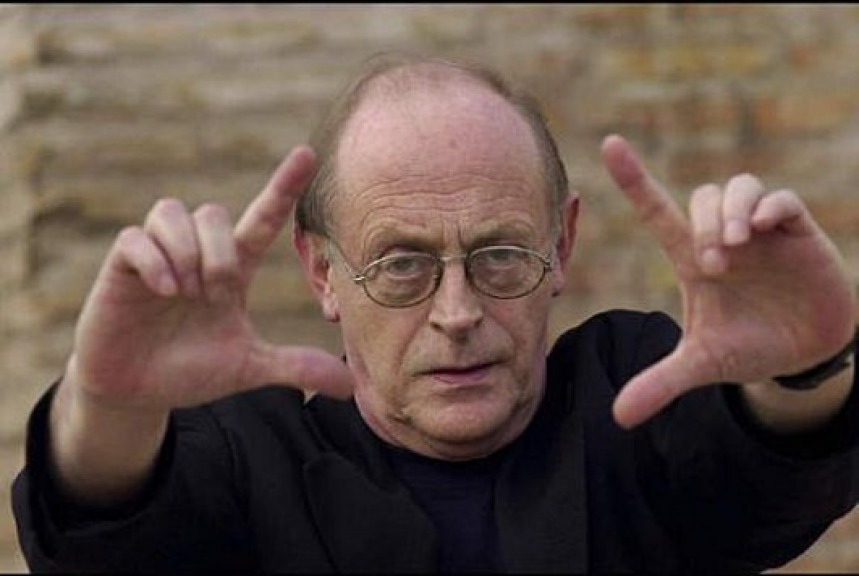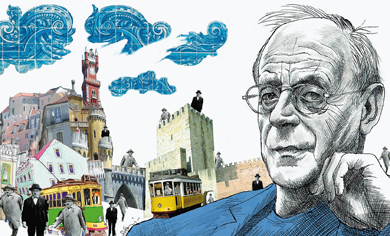

And he thought: this City reeks of death, the whole of Europe reeks of death.” But beyond domestic rebellion he is practically powerless and like Sartre’s Rocquentin this guilt assumes external forms: “Pereira broke out in sweat, he was thinking of death again. The student begins sending in literary pieces which are manifestly unusable in the pages of Lisboa, the paper whose Arts pages Pereira edits, but they do jog the journalist’s conscience and he begins to awaken to recognition, albeit incomplete, of the Salazarist nightmare.įollowing internal revolt his next step in opposing the regime is to stand up to his caretaker (how different history might have been if we had all succeeded in standing our to our caretakers: remember the Berlin landlady in Isherwood’s Berlin Stories?) a sharp-tongued witch in the pay of the secret police. We meet Pereira in a typical state of passive rumination: thinking on death, for reasons he cannot divine, he finds himself calling up a student who has published an article on the subject. Looked at unkindly, he is a quiescant journalist in the face of a regime whose latest brutalities include the murder of a carter and the sponsoring of anti-semitic violence A widower, given to conversing with a photograph of his late wife, Pereira’s life traverses the dull poles of flat, office and café, the military regime figuring only as a sinister nuisance.

You may order this title by clicking on the link corresponding to your delivery region below: orders are fulfilled by our partners at Amazon.ĭr Pereira, the eponymous protagonist–hero would be to overstate the case– is a journalist and bookworm living in the Salazarist Portugal of 1938.

He has however steeped himself in Portuguese culture and is now a lusophile to the Beckettian degree of being able to compose high literary art–the novella, Requiem–in his adopted language.

Reviewed by Fin Keegan LIKE THE WORK of Herta Muller and Victor Pelevin, two other authors reviewed in these pages, Antonio Tabucchi’s Pereira Declares( Sostiene Pereira, 1994) observes the life of the individual under the strictures of State oppression: unlike them, in fact unlike most writers treating this theme these days, Tabucchi himself grew up in a democracy, in his case post-war Italy (albeit an Italy recovering from Fascism and war: the day after he was born his father cycled mother and child home through a Pisa all but destroyed by Nazi and Allied fighting).


 0 kommentar(er)
0 kommentar(er)
